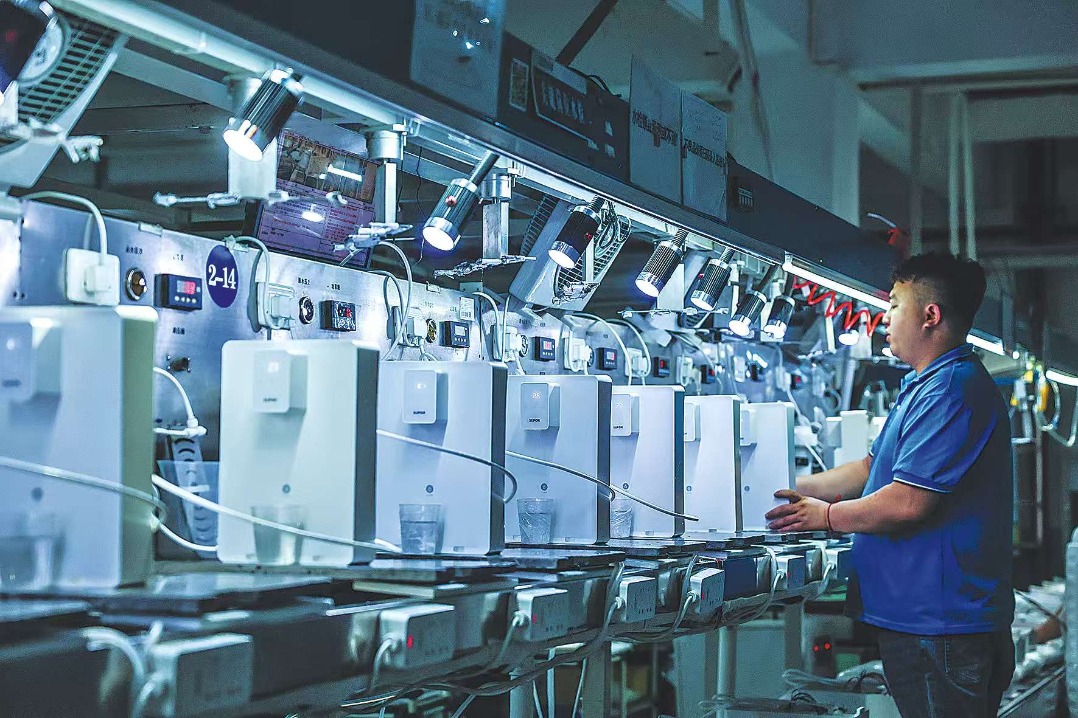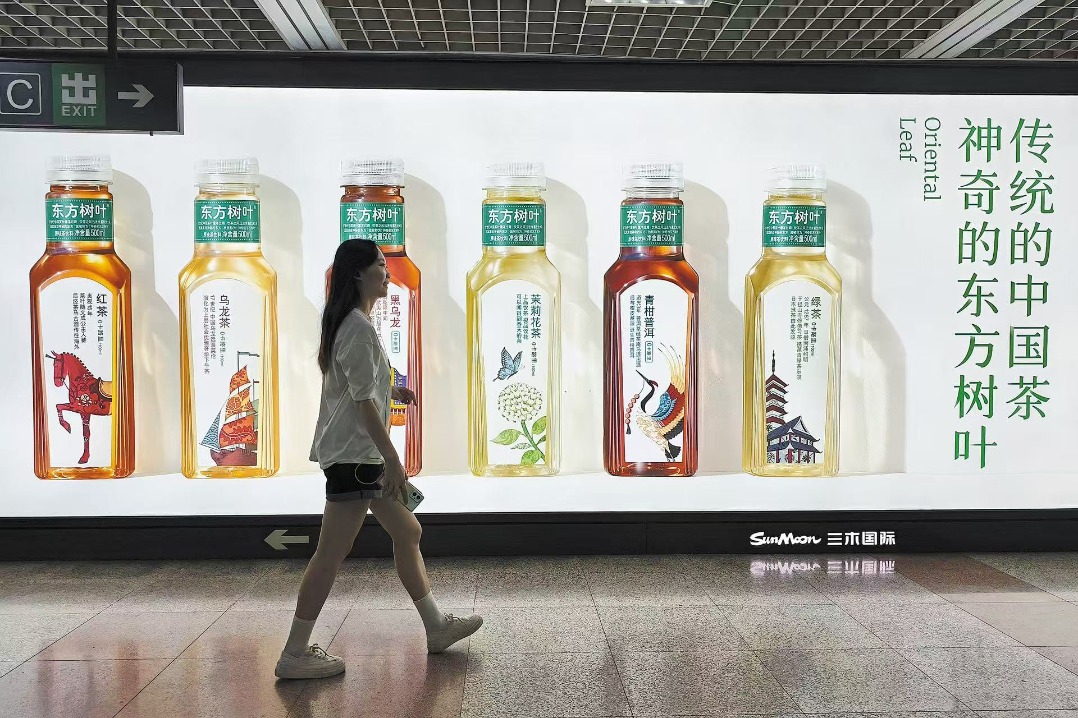Nation seen as 'cornerstone' market for Lubrizol

US-based specialty chemicals company Lubrizol Corp sees massive opportunities in China, positioning the world's second-largest economy as a "cornerstone" of its global innovation strategy and a critical pillar for its worldwide supply chain stability, said a top executive.
China stands as one of the world's largest markets and a powerful innovation engine, driving technological transformation and high-quality development, said Rebecca Liebert, president and CEO of Lubrizol Corp, which is owned by multinational conglomerate Berkshire Hathaway.
"China, one of the most dynamic and strategically important markets for global companies like Lubrizol, has been a cornerstone of the company's global innovation strategy," Liebert said.
China is more than a manufacturing hub, it's becoming a full-spectrum innovation and supply chain base while playing a critical role in Lubrizol's global supply chain stability, Liebert said.
"The country's robust manufacturing base and logistics infrastructure enable us to not only serve both local and global customers more reliably, but also to mitigate risks from global disruptions through localized production and partnerships," she added.
With China now being the world's largest and fastest-changing automotive market, Lubrizol is doubling down on its localization strategy.
The company aims to transform the market's innovation energy into a source of global strength while furthering its "local-for-local" strategy in China, which is central to mitigating global supply chain risks.
Industry experts believe that as China accelerates its shift toward new energy and low-carbon mobility, propelled by its dual carbon goals and the rapid rise of electrification, the automotive sector is undergoing transformative change.
The rapid rise of electrification is reshaping demand patterns and consumers are also increasingly sophisticated, seeking not just basic transportation, but also high-performance, energy-efficient and digitally integrated vehicles, said Lin Boqiang, head of the China Institute for Studies in Energy Policy at Xiamen University.
Multinational corporations, with their global research and development capabilities, and deep expertise in these specialized areas, are uniquely positioned to cater to this evolving market, he said.
According to a recently released white paper on automotive lubricants in China by Lubrizol, electric vehicle adoption in China has been soaring, hybrid vehicle penetration increasing and alternative fuel technologies — such as hydrogen fuel cells and biodiesel — moving toward scaled deployment.
This shift brings three critical challenges to the lubricants and additives industry, including stricter emissions regulations, the need to support a broader range of powertrains and breakthroughs in lubrication technologies tailored for emerging energy systems, the white paper said.
"China is not only a hub for technological breakthroughs but also a key participant in global standard setting," said Henry Liu, vice-president of Lubrizol Asia-Pacific.
"Lubrizol's agile system — integrating R&D, testing and technical services — enables close collaboration with local original equipment manufacturers and industry partners," Liu said.
"By blending global additive expertise with a strong local technical team and advanced testing capabilities, we are helping to accelerate ecosystem-wide upgrades."




































